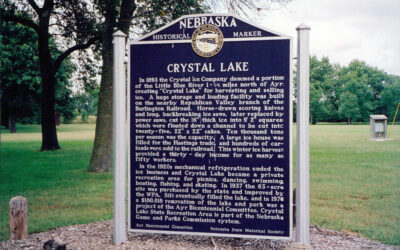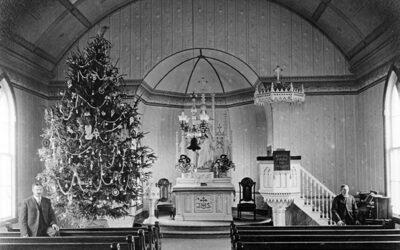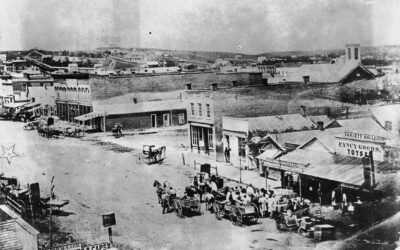Nebraska newspapers from the late nineteenth century include numerous advertisements for local Keeley hospitals or treatment centers for patients addicted to alcohol, nicotine, and narcotic drugs. Dr. Leslie E. Keeley opened the first Keeley Institute in Dwight, Illinois, in 1879. It relied heavily on injections of “bichloride” or “double chloride” of gold, from which its treatment for alcoholism became known as the “Gold Cure.” By the 1890s every state and nearly every county had a Keeley institute where this cure could work its reputed wonders for the addicted. In Nebraska, Lincoln, Blair, O’Neill, North Platte, Beatrice, and Fremont (among others) had institutes.
By 1900, however, it was largely discredited. The Nebraska State Journal of Lincoln on February 28, 1900, editorialized briefly on the passing of what had come to be considered a hoax. “The medical profession generally attributes the cure of drunkenness devised by the late Dr. Keeley to the imagination of the patients. They claim that his method was pure quackery, that there was absolutely no therapeutical effect from injections of the alleged ‘chloride of gold,’ but that his treatment was purely of the mind, one of the branches of ‘faith cure’ or healing by laying on of hands.”
The Keeley cure, however, did have some initial success. At one time over two hundred treatment centers existed. Patients who recovered from their addictions were honored as “graduates” and urged to promote the treatment that had helped them. Dr. Keeley encouraged what would today be called group therapy for his patients, a factor that may have been more important to their recovery than injections. The State Journal observed: “One important item of the doctor’s method was the hint that was always given in one way or another, to the patient, that if he resumed his drinking habit after being discharged ‘cured,’ it would be at a very great risk.”
“At any rate,” concluded the newspaper, “after having a great vogue and bringing much money into the purse of the inventor of the ‘cure,’ the fad gradually died away and the various establishments where the hocus pocus had been conducted with so much seriousness, were closed one after another until the ‘gold cure’ is a reminiscence.”
Despite the modern assumption that Keeley’s cure was merely a successful example of nineteenth century quackery, Dr. Keeley is remembered as one of the first to treat alcoholism as a medical (as well as a social) problem.



